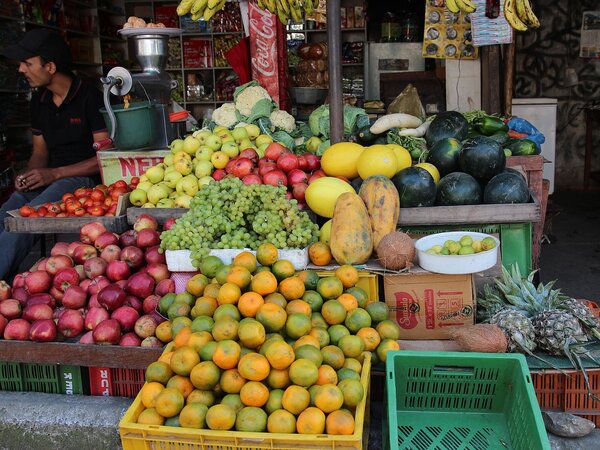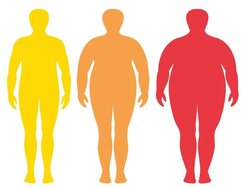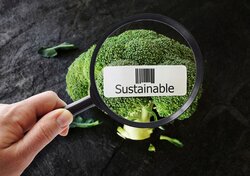Dossier
Promoting healthy and sustainable diets
Daniela Weible and Johanna Schott | 12.05.2023
What factors influence individual eating habits? And how can we ensure that people eat healthier, fairer and more sustainably? The Thünen Institute investigates these questions at national and international level.
More sustainability in nutrition is an important goal both nationally and internationally for sustainable development and for dealing with current challenges: diet-related diseases that place a burden on health systems, unfair production and market practices, poor animal welfare or envi-ronmental and climatic degradation. Nutrition in general, i.e. the question of what and how much we eat, but also the respective diets are important starting points for counteracting these challenges because they influence the processes along the entire value chain.
The aim of our research is to develop solutions to make diets more sustainable, both nationally and internationally. This means above all, healthier, fairer and more environmentally friendly.
What exactly is a sustainable diet?
A healthy and sustainable diet is a way of eating that promotes a person's health and well-being, while having little impact on the environment. It is also culturally acceptable, accessible, affordable and the food is safe.
The goals of healthy and sustainable diets are to achieve optimal growth and development for all people and to promote functioning and physical, mental and social well-being at all stages of life for present and future generations. It also aims to contribute to the prevention of all forms of malnutrition and to reduce the risk of diet-related noncommunicable diseases. It is also important to support the conservation of biodiversity and the health of the planet. Sustainable healthy diets must integrate all dimensions of sustainability to avoid unintended, harmful consequences.
Source: FAO und WHO (2019): Sustainable healthy diets. Guiding principles.
Shape food environments to make purchasing decisions and diets healthier and more sustainable
Given the negative environmental impact of current food systems and the increasing number of diet-related diseases, there is an urgent need to promote healthy and environmentally sound diets. Balanced, healthy and sustainable diets can be supported by shaping the food environment. This means, for example, making healthy foods more readily available, affordable and attractive to consumers, or offering foods high in sugar and/or fat in smaller portions and possibly taxing them more heavily.
Why are food environments so important for food choices and sustainable diets? Food environments are embedded in a food system. The food system comprises, among other things, the dif-ferent types of food production (e.g. industrial or artisanal) including agricultural production, the sociocultural framework expressed in different food traditions in different countries (e.g. rice in Asia), as well as political circumstances such as national dietary plans in France and China or a tax on sugary drinks in the UK.
From an individual's point of view, the food environment includes the following elements:
- External food environment: the shopping places, e.g. discounters, supermarkets and weekly markets, the way food is offered (e.g. advertising) and its availability, quality and sustainability.
- Internal food environment: preferences for certain foods determine whether people buy unpro-cessed foods or convenience products; their affordability plays a role as well as the spatial prox-imity to the shopping place.
- The external and internal food environments result in the procurement and consumption of foods that contribute to a particular diet and individual health status. In order to change individual die-tary behaviour, the different elements of the external and internal food environments must be addressed.
Assessing the sustainability of diets
In order to assess the sustainability of a particular diet, it is necessary to consider not only the quantity of individual foods consumed, but also how they are procured (e.g. from a supermarket or a garden), how they are prepared and whether they are bought frozen or fresh and unprocessed. Ultimately, the entire value chain of the food consumed plays a role.
This means that the use of resources and greenhouse gas emissions from the production to the utilisation of a food product must be assessed on a site-specific basis. In addition to production, processing and storage, this includes all transport costs as well as food losses and waste. And the working conditions in the value chain must also be taken into account when assessing the sustainability of diets.















